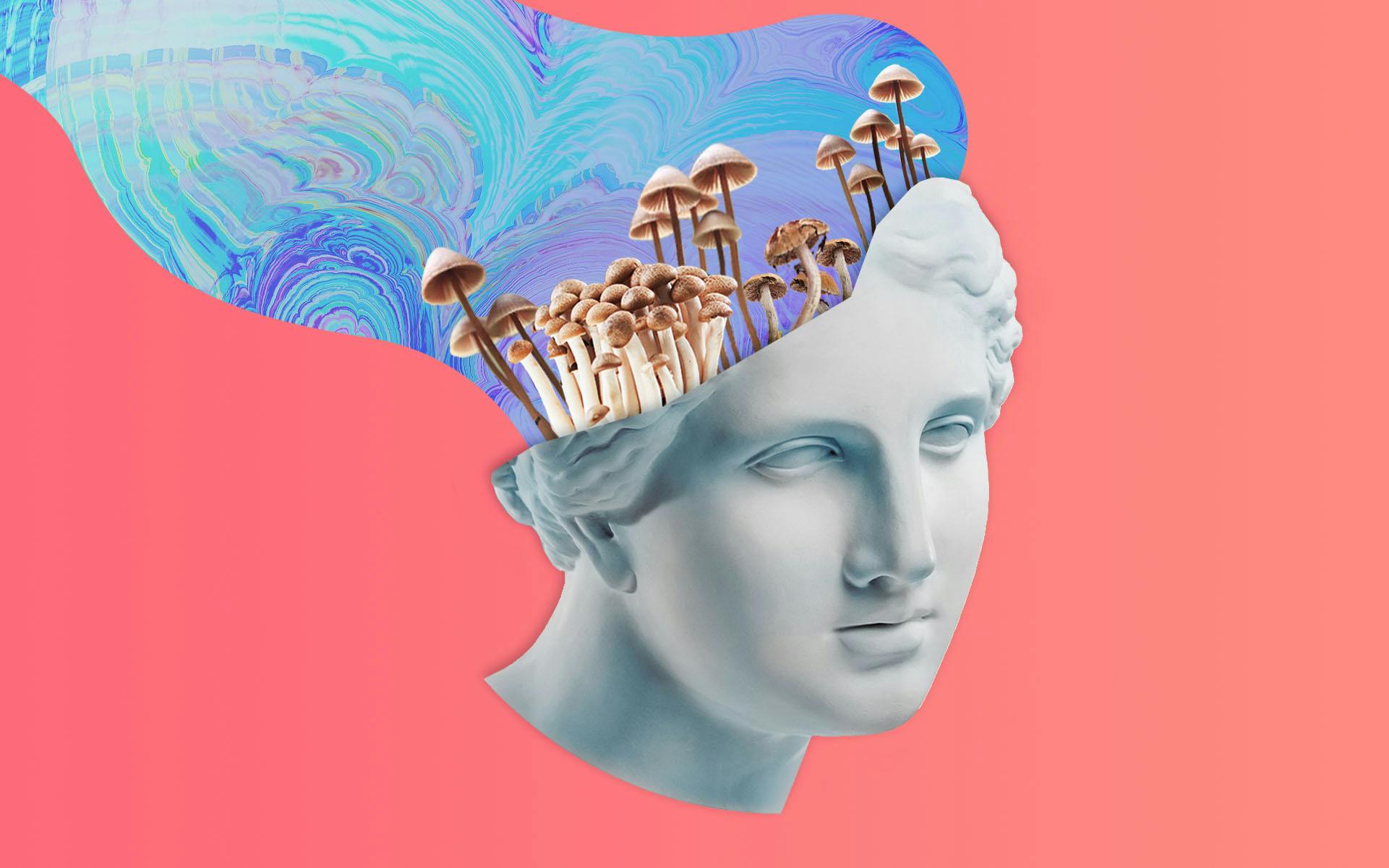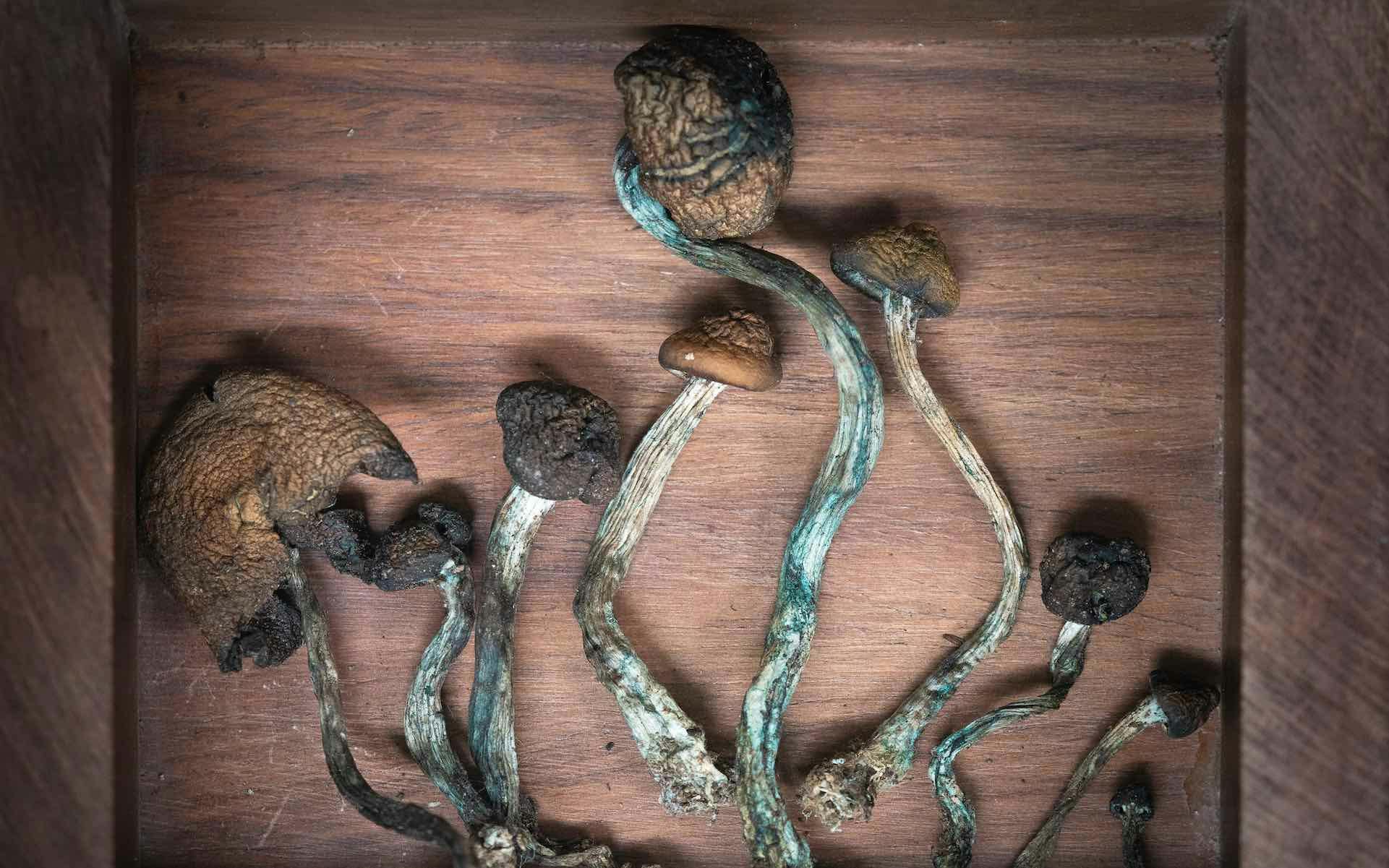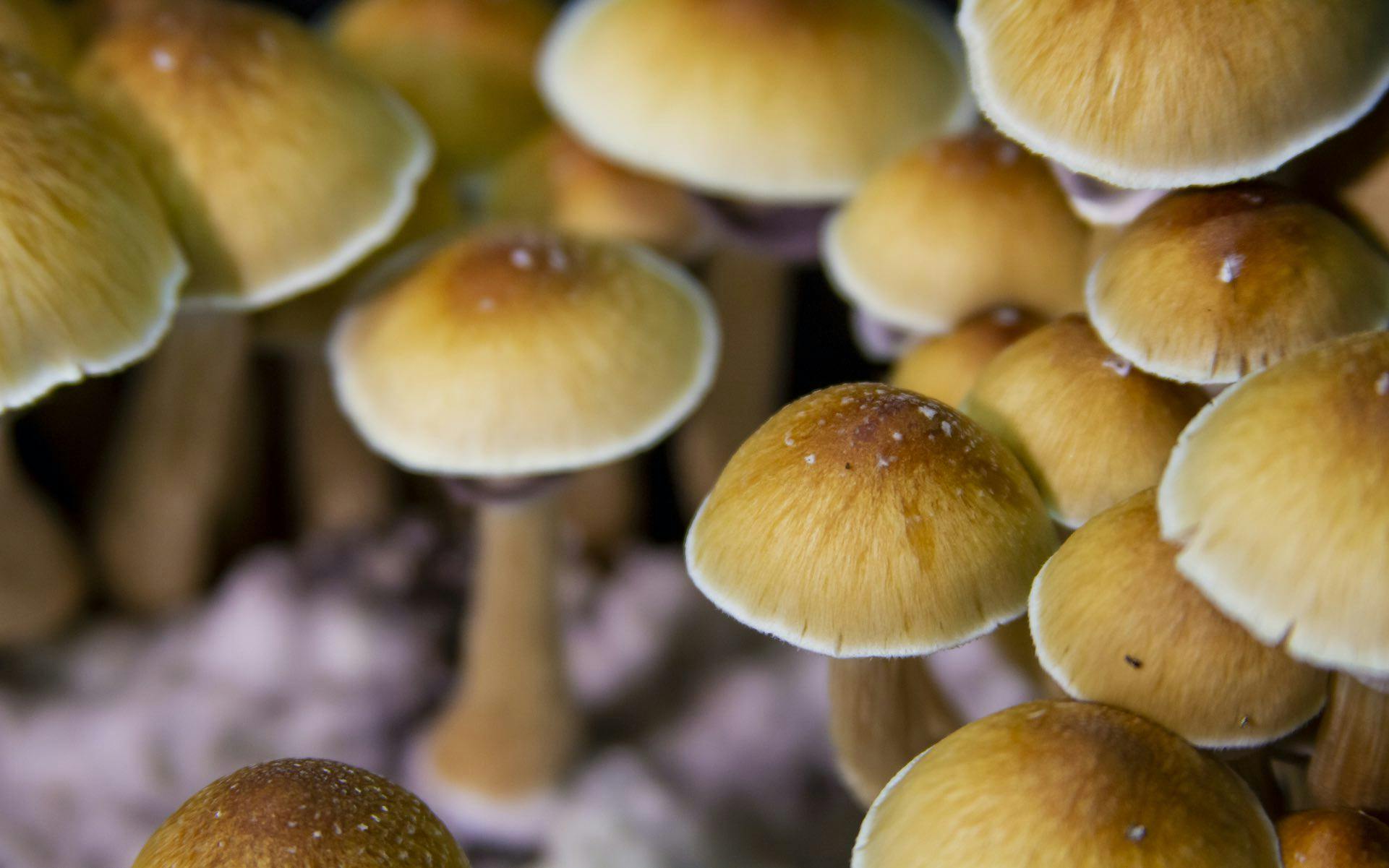Residents of the nation’s capital just took a step toward more liberal use of hallucinogens, in response to a groundswell of interest in new drugs for medical maladies.
Initiative 81, the Entheogenic Plants and Fungus Policy Act of 2020, makes certain psychedelic drug crimes the “lowest enforcement priority” of the District’s Metropolitan Police Department.
Here’s what happens next.
Are magic mushrooms legal now?
No.
“Initiative 81 does not change the legal status of entheogens or alter existing penalties,” states the Campaign to Decriminalize Nature DC.
This is a change in policy, not in law. Entheogenic plants and fungi, including psychedelic mushrooms, remain illegal. Initiative 81 simply makes the enforcement of laws criminalizing their possession the lowest priority of D.C. police.
So don’t go selling ‘shrooms on the corner.
Which plants and fungi are ‘lowest priority’?
Plants that contain:
- Ibogaine
- Dimethyltryptamine
- Mescaline
- Psilocybin
- Psilocyn
Ibogaine is in ayahuasca and can make you see and feel things that aren’t there. Same for DMT, mescaline, and magic mushrooms.
How will this work, exactly?
In theory, the new Initiative 81 policy means that if there is someone jaywalking, the cop has to go deal with that before he bothers you for growing some shrooms, or having them, or conducting psilocybin therapy.
Shop highly rated dispensaries near you
Showing you dispensaries near“The Metropolitan Police Department shall make the investigation and arrest of persons 18 years of age or older, for non-commercial planting, cultivating, purchasing, transporting, distributing, engaging in practices with, and/or possessing entheogenic plants and fungi, among the Metropolitan Police Department’s lowest law enforcement priorities” Initiative 81 states.
Will current prosecutions be dropped?
Possibly. The measure might mean related cases would be halted. That will likely be up to local prosecutors.
Is Congress going to meddle with this?
Quite possibly.
The District remains under the jurisdiction of Congress. So in theory, the law might take effect after a 30-day period of Congressional review. But Congress blocked implementation of medical cannabis in D.C. for years. And the District’s adoption of adult-use cannabis legalization has been hamstrung for years by members of Congress. That’s why there still are no legal, licensed cannabis stores in D.C.
Why did this change come about?
Despite its stigmatization, more and more people are finding positive medical relief by using entheogens. Groups in 100 cities champion the molecules for relief of chronic, intractable mental issues like PTSD and depression.
The decades-old movement driven by M.A.P.S. and other groups has gathered momentum in the wake of cannabis legalization.
Recreational users also attest: The chemicals can alter the way the brain works, opening up the mind to new, healing ways of seeing a problem. Or the opposite—a bad trip. It really depends on the intention, and other factors.
Still, these drugs remain categorized locally as Schedule 1—deemed the most dangerous in the D.C. code (48–902.04.3H).







